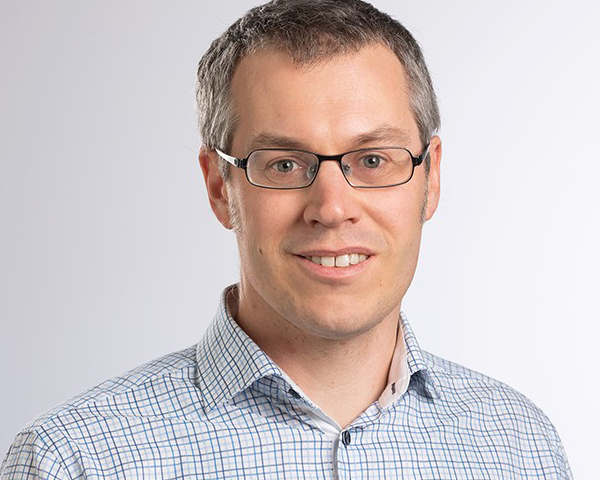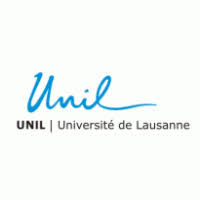
UNIL
The University of Lausanne comprises more than 190 research units working in fields as diverse as genomics, aesthetics of cinema, environmental law and criminalistics. In institutes, laboratories and libraries, about 3,000 researchers, including 580 professors, work every day on projects of national and international significance, thereby increasing the institution’s research capital. The UNIL seeks in particular to encourage a cross-disciplinary approach to research.

Labs and Units involved in the project
Microbial Symbiosis Lab
The Engel lab combines computational and experimental approaches to study host-associated microbial communities focusing on the gut microbiota of social bees. Honey bees, bumble bees and stingless bees harbor relatively simple but highly specialized bacterial communities in their gut. These communities are experimentally amenable and critical for bee health making them useful and relevant models for studying the evolution and functioning of host-associated communities. The specific expertise of the Engel lab lies in using shotgun metagenomics to study strain-level diversity in microbial communities, and to probe functions of different microbiota members in gnotobiotic bee experiments.
Department of Fundamental Microbiology, University of Lausanne, Biophore Building, CH-1015 Lausanne, Switzerland
Metabolomics Unit
-

- Head
Julijana Ivanisevic
The Metabolomics and Lipidomics Platform provides the state-of-the-art mass spectrometry-based, qualitative and quantitative analyses of polar and lipid metabolome – a small molecule complement of an organelle, a cell, an organ or a biofluid. This next generation metabolic profiling at ‘omics scale is a powerful quantitative and high-throughput phenotyping approach that allows us to measure the metabolite levels (i.e. concentrations) and pathway activity thus facilitating the study of metabolism, from model systems to human population studies. Our role is to enhance the understanding of metabolite roles and activities at the system’s level, in health, in ageing and in disease.
Rue du Bugnon 19, 1005 Lausanne, CH – Switzerland
